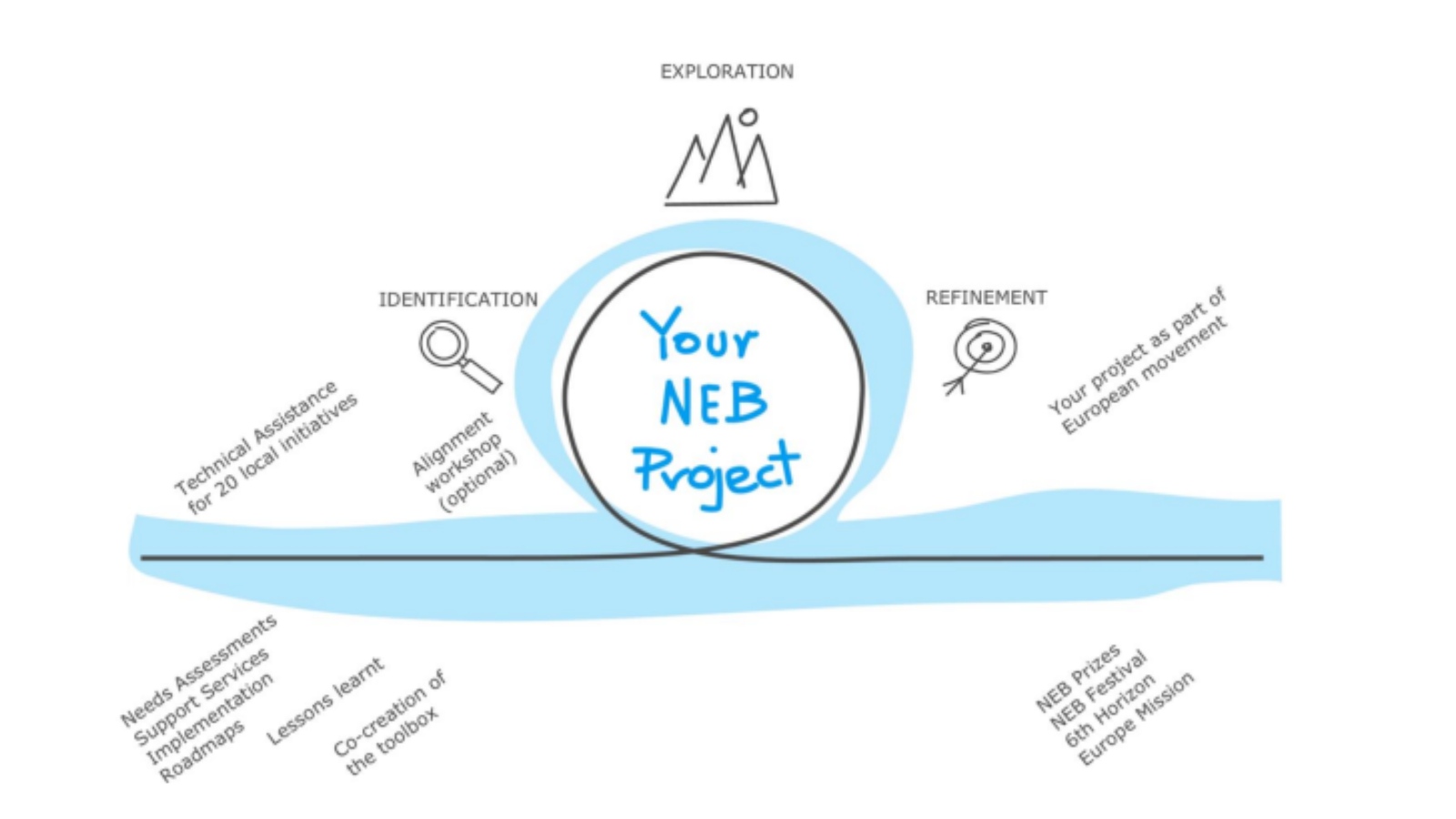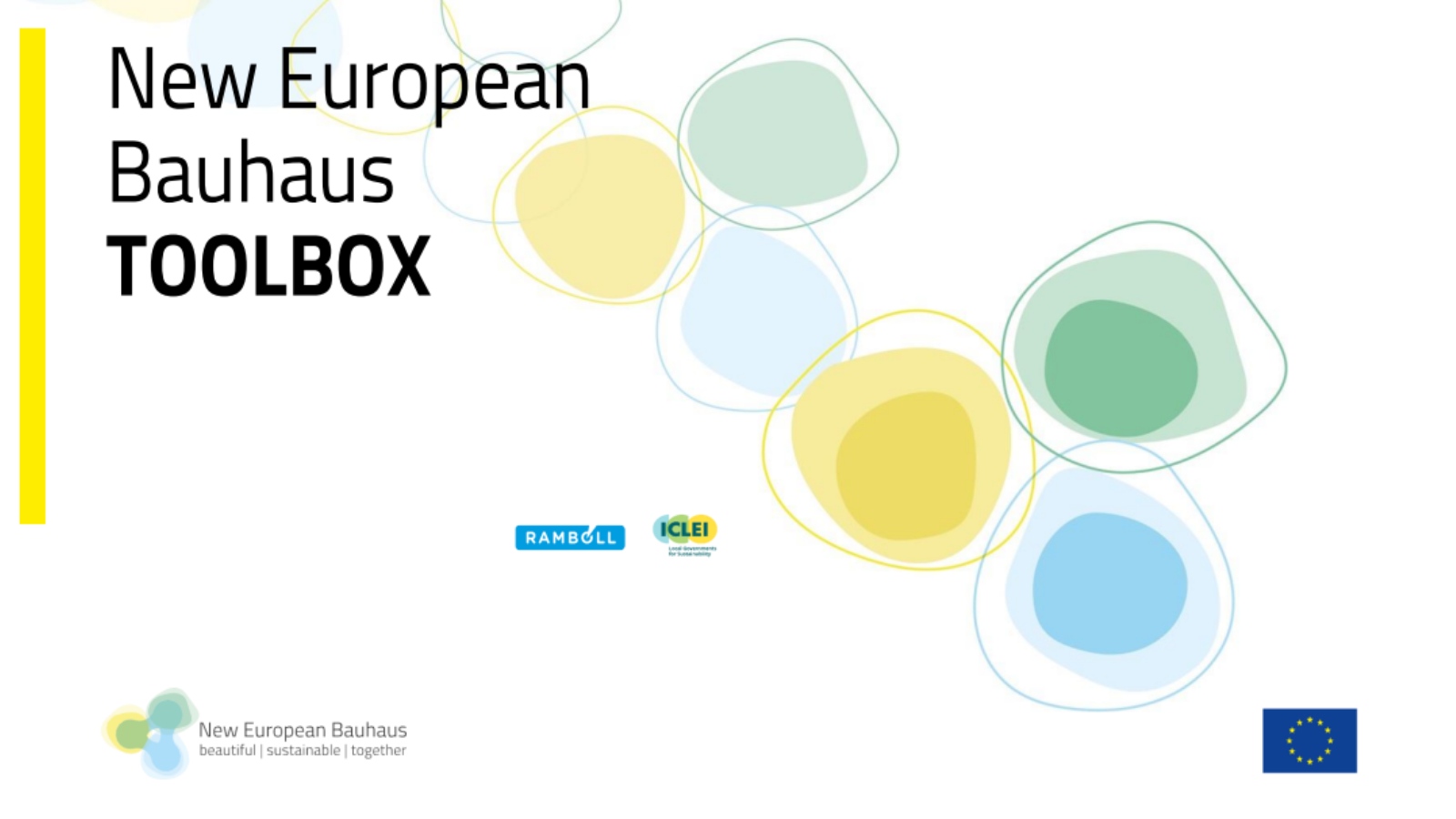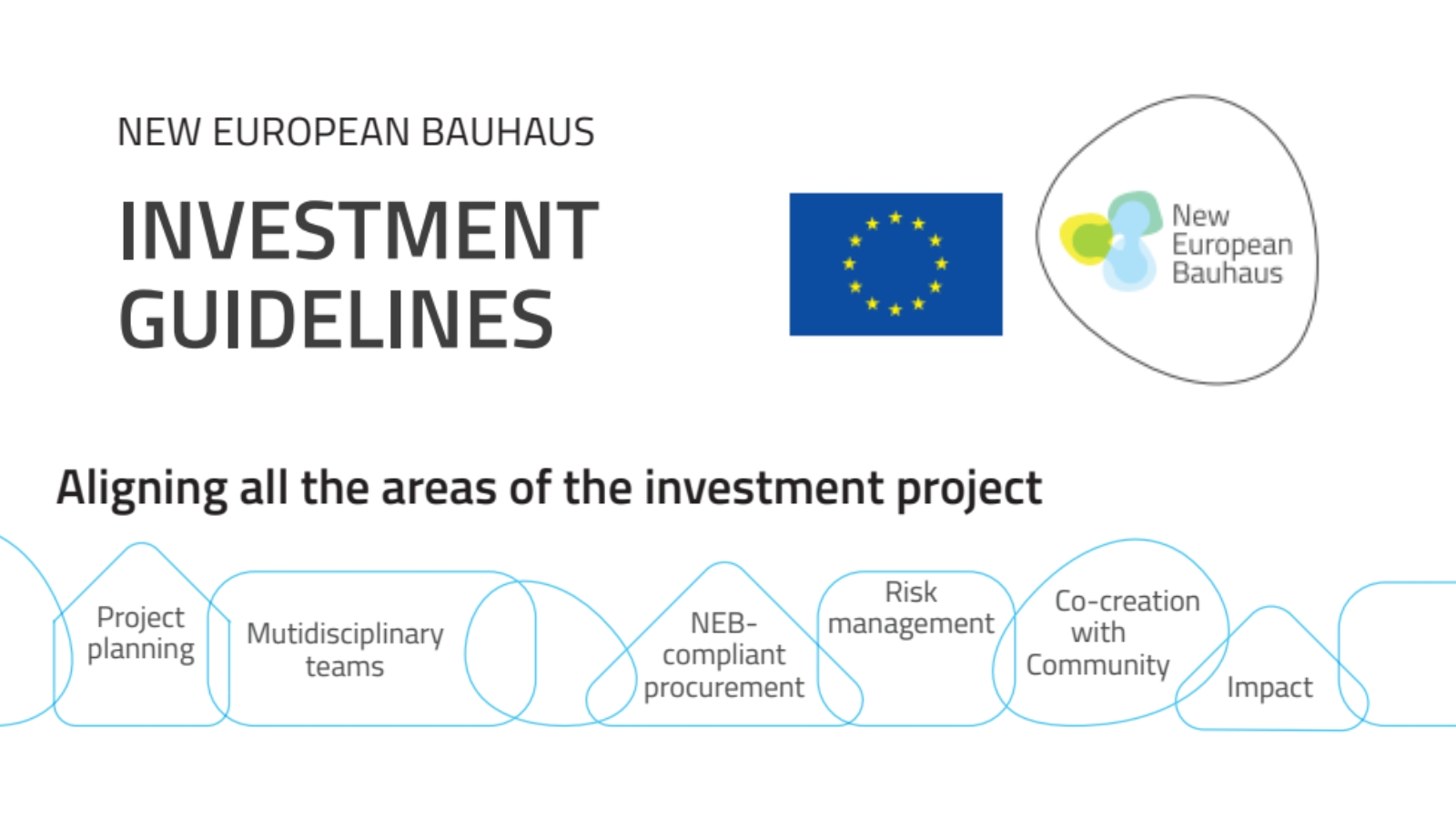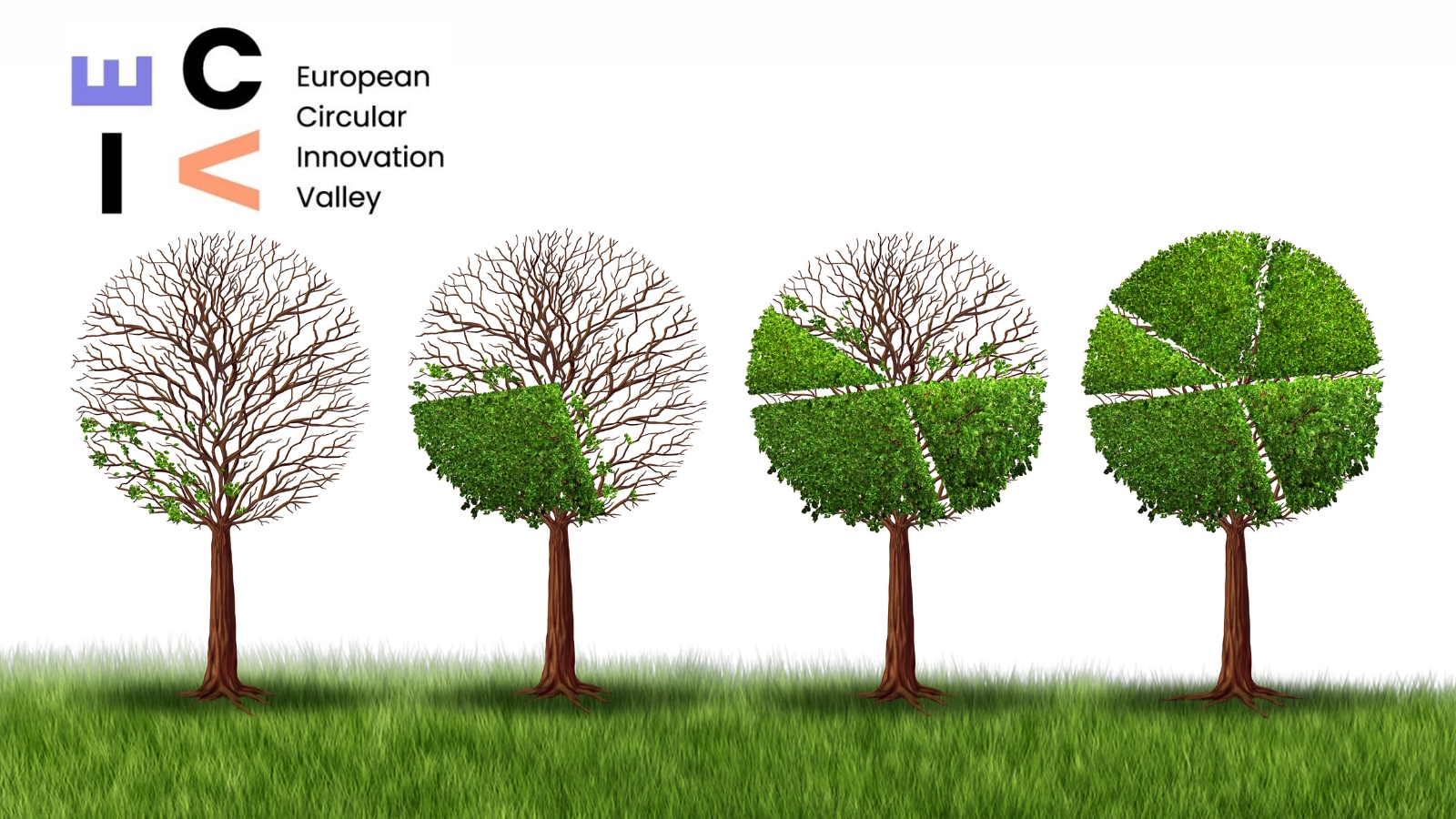The new ‘NEB Toolbox’ has been conceived as a collection of tools that can be used to plan and design projects linked to the New European Bauhaus movement.
It is intended to serve as a comprehensive resource for public administrations, private organisations and other project promoters and professionals, enabling them to implement transformative actions. It is based on the three basic operating principles of NEB projects: participatory processes, multi-level engagement and transdisciplinary approach.
In addition, it defines tools focused on the different phases of the project: Identification, Exploration and Refinement.

In this regard, the document clarifies that, “although the tools are assigned to specific phases, there is a great deal of flexibility in framing the process. The same tools can support a variety of values and working principles. Thus, they serve as practical instruments to shape your ideas and transform them into tangible results, such as mature projects, action plans, roadmaps or investments”.
This ‘toolbox’ was developed in the framework of the ‘Support to New European Local Initiatives Bauhaus’, which provided technical assistance to 20 projects from small and medium-sized municipalities, with support from the European Regional Development Fund.
“The toolbox was developed in parallel to the technical assistance provided, capturing both initial needs (such as how to enhance green mobility as part of the built environment experiences, how to transform heritage, how best to create vibrant centres in derelict places, how to strengthen local identity and resilience as a network of sustainable, beautiful and sustainable, beautiful and inclusive villages) and those identified in the process (e.g. how to engage local participation in new governance models, how to agree the future vision of places and how to integrate it in a sustainable way). It can serve as a global resource, providing guidance and support for the implementation of various projects. It is updated on the basis of information and ideas gained in the technical assistance process,” he adds.









